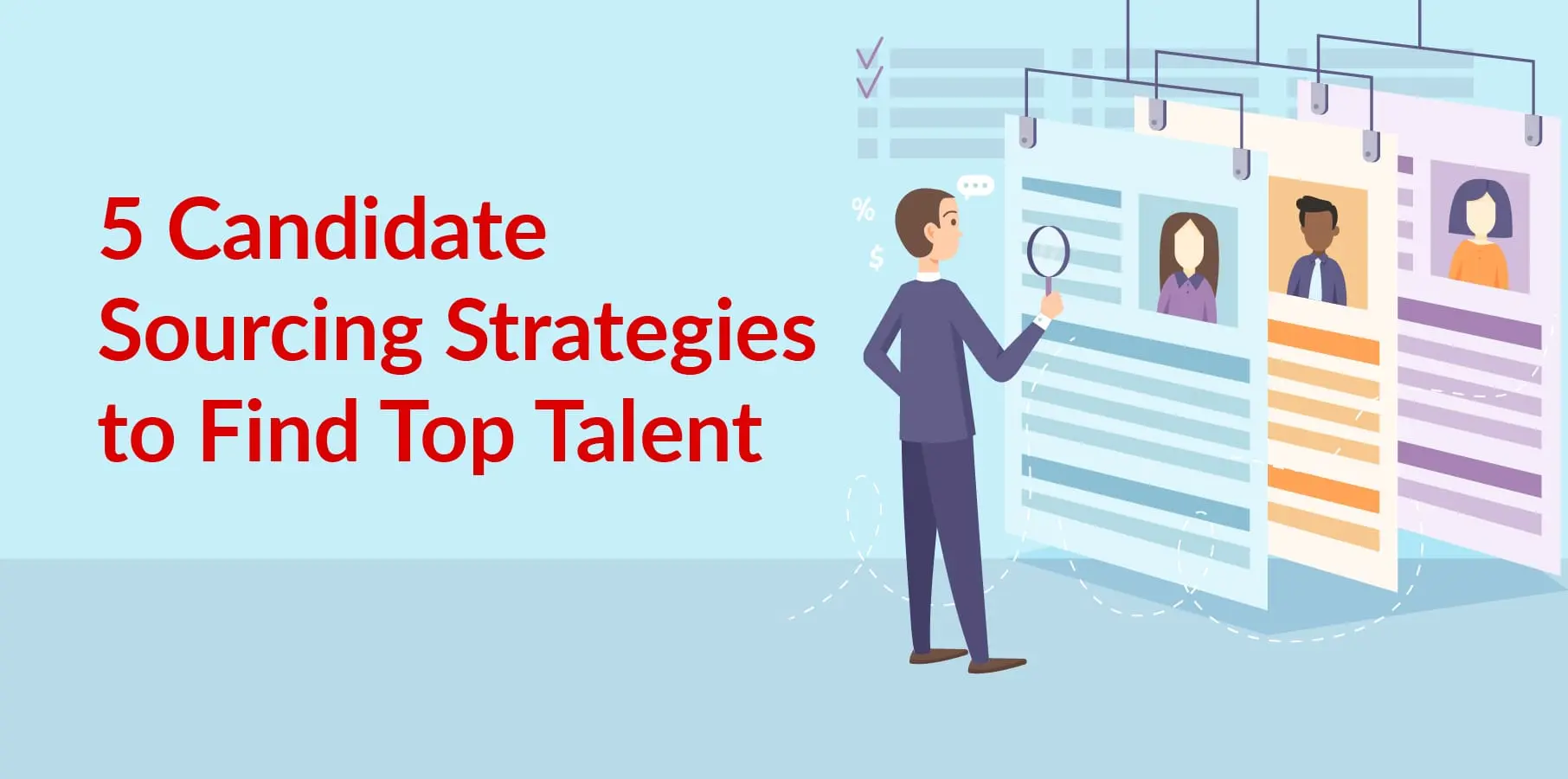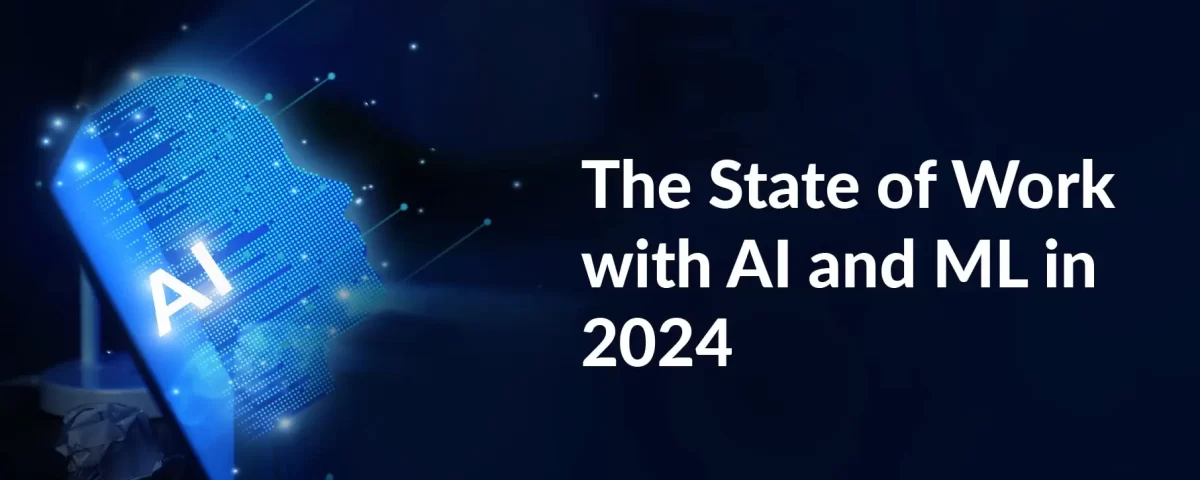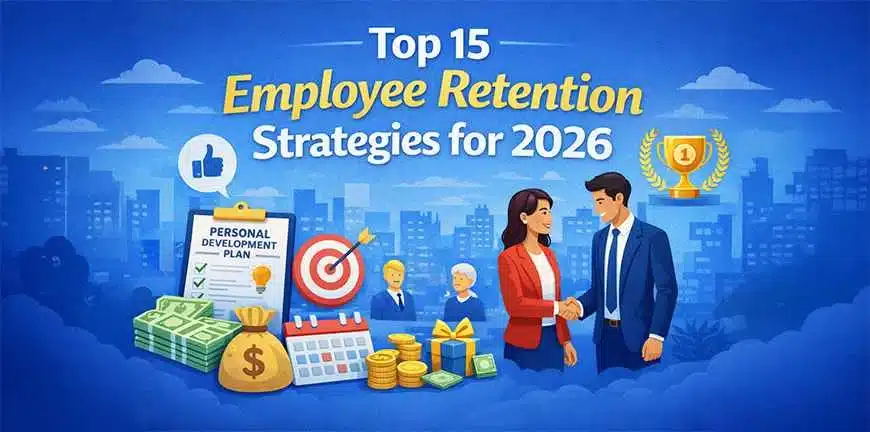
5 Candidate Sourcing Strategies to Find Top Talent
05/04/2024
10 Steps to Create a Recruitment Plan for Your Business
10/04/2024Do you confidently say ‘I do’ to all your office work or at least for some of your work, do you let ‘AI do’ it? Most professions have been disrupted by AI, modified in ways for the better that they couldn’t go back to where they were, just for the benefits that AI, particularly Generative AI gives them. From I do to AI do, it’s almost as if many of us are married to AI in our professions, and it is giving people who were formerly ‘wedded to work’ some respite, some way to give more time to life itself. And that’s a good thing.
And while AI may have claimed several jobs, leading to some attrition, it has also introduced job roles that will revive the market and make the lives of common people a lot easier. There are 7.5 million professionals engaged globally in AI and ML. And at the time of writing, there are 130,000 job posts globally. The hiring demand is very high and as one would expect, given the skills deficit, the difficulty of hiring is also high.
The rise of AI poses a significant threat to numerous jobs in the decade to come. According to McKinsey, by 2030, as many as 2.4 million jobs could be replaced by AI, accompanied by 12 million occupational shifts, in the US alone. An estimated 400 to 800 million would face job displacement due to AI worldwide.
AI and ML have affected several industries in India, and some of them are given below.
Industries Affected by AI & ML
1. Healthcare
Improved diagnosis and clinical decisions, leading to as high as 40% better health outcomes, is a result of the integration of machine learning and Big Data. Clinical data is highly complex, and it is possible that a physician may not be able to make note of all of them and arrive at the right diagnosis. No pattern or anomaly goes unnoticed with AI and machine learning. Use predictive analytics to also enable personalized treatment plants customized throughout the entire patient journey.
2. Industrial and energy sector
There is an ongoing transformation in the industrial and business sectors driven by AI and ML. According to the AI Index report, around 10% of companies in this sector have already adopted AI and ML. Key applications include:
- Predictive Maintenance
- Quality Control
- Energy Optimization
- Resource Management
- Safety Enhancement
- Decision Support
3. Education and training
Our thinking capabilities grow as we grow professionally. Can you imagine a learning management system or training process that evolves with you? In both the education of students as well as for training at work, AI can be used to develop a personalized goal-oriented learning system that accounts for the strengths and weaknesses of every individual. Because not everyone is the same, and AI will help nurture real talent. As a result, one will observe a significant rise in grades at school and productivity at work. Never again a dull moment, with AI. Quite literally!
4. Security and surveillance
AI is helping prevent crimes to a large extent, especially through security cameras, analyzing images and detecting patterns and anomalies. Deep learning models help detect even patterns in a crime and help track down a suspect. Automatic alerts help warn high-security financial institutions of possible intrusions or even breach of data.
5. Human Resources
Thanks to the data analysis capabilities of AI, human resources will never be the same. AI can help analyze profiles, helping to identify talent among even several thousands of applicants, based on keywords you may have given. AI may also help manage employees, by suggesting based on online behavior who is likely to explore opportunities outside a company and so on.
Top Job Roles in Demand in AI & ML
The growth of AI and ML has given prominence to certain job roles. Some of them are:
1. Senior Machine Learning Engineer
A senior machine learning engineer manages the entire ML lifecycle from data collection to deployment and testing. They write quality code for ML-based products or services that use ML.
2. Software Developer – AI
Software developers in AI work on languages such as Python and C++ that support AI applications. They would also be using frameworks such as PyTorch, Scikit-Learn or TensorFlow.
3. Senior Engineer – Generative AI
A senior engineer working with generative AI would be looking for ways to introduce generative AI into the workflow and simplify it, streamlining it for day-to-day activities. Examples of industries that benefit from such applications are food and beverages (refining the taste based on AI), manufacturing (predictive maintenance)
4. Prompt Specialist – Generative AI
A prompt specialist is someone who engineers the prompts for generative AI for different applications to generate the right answers. He/she may also be called a prompt engineer for this reason.
5. Data Engineer/ Data Scientist
A data engineer is responsible for preparing and organizing the large quantity of data that companies typically have. They create data pipelines which can then be used for data analysis and arriving at insights.
A data scientist uses the data pipelines created by data engineers to analyze the data and to arrive at new insights in several fields, some of them being manufacturing, healthcare etc.
Closing Words
Could we have imagined 50 years back, when the first personal computer, the Kenbak-1, came into existence, that one day AI would be smarter than a human being at least in a few areas. Not even when the computers following the Kenbak-1, the likes of those from Apple or IBM, that had heavy punchy keyboards and could display a few bar charts or let you play a game of Space Commanders, did we think we could be here!
In fact, it was very recently and within this decade that AI became so powerful and useful with the concept and discovery of ‘Transformers’ in a paper from Google Brain. From crunching out generic statements in chatbot along the lines of “I will do my best” or “I will connect you with the right person” to analyzing spreadsheets and even playing the role of a personal psychologist in ChatGPT-4, AI has come a long way.
And even the greatest minds cannot see through to the future, even by using AI to predict it. How long the AI revolution will last and how it will impact the world of work is still uncertain, as the best we have right now is still conjecture.
Contact Us For Business Enquiry

Rajkumar Shanmugam
Rajkumar Shanmugam is the Head of HR at ALP Consulting, bringing over 19 years of comprehensive HR leadership experience across India and international markets. His expertise spans talent acquisition, employee relations, performance management, compliance, and HR transformation. Rajkumar has a proven track record of driving people-centric initiatives, enhancing workplace culture, and aligning HR strategy with business goals. With extensive experience in US staffing operations and global mobility, he continues to lead organizational excellence through innovation and employee engagement.




